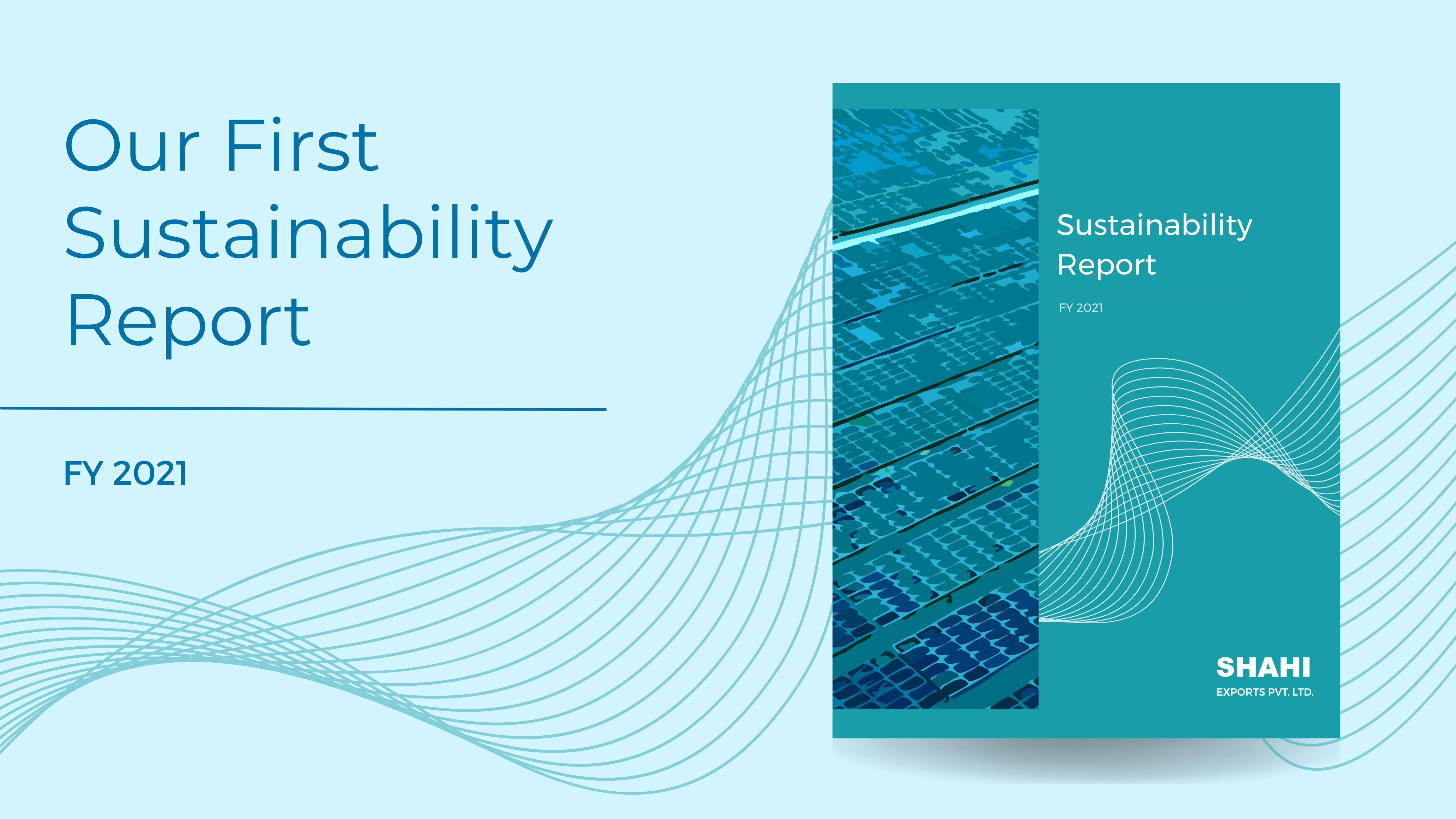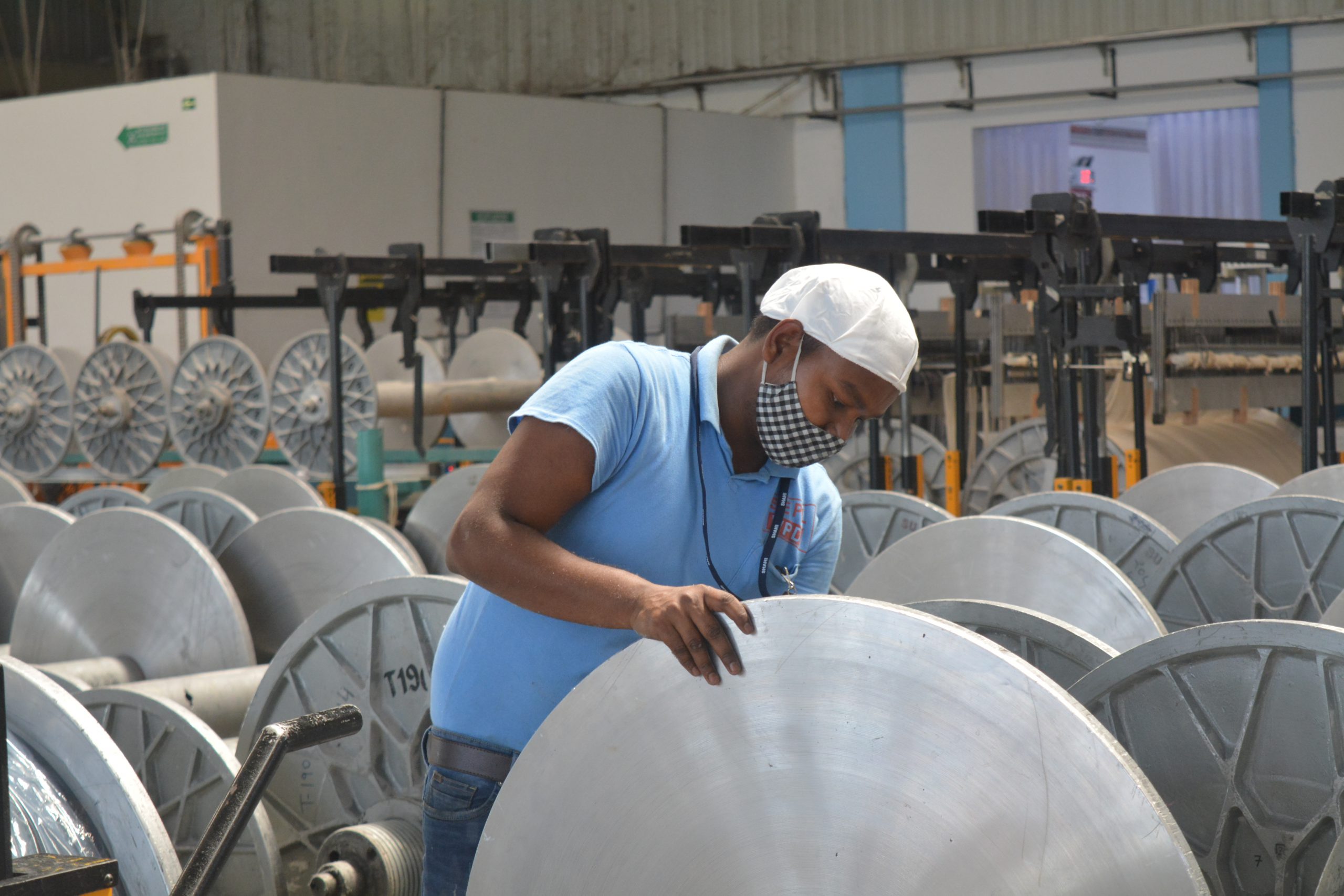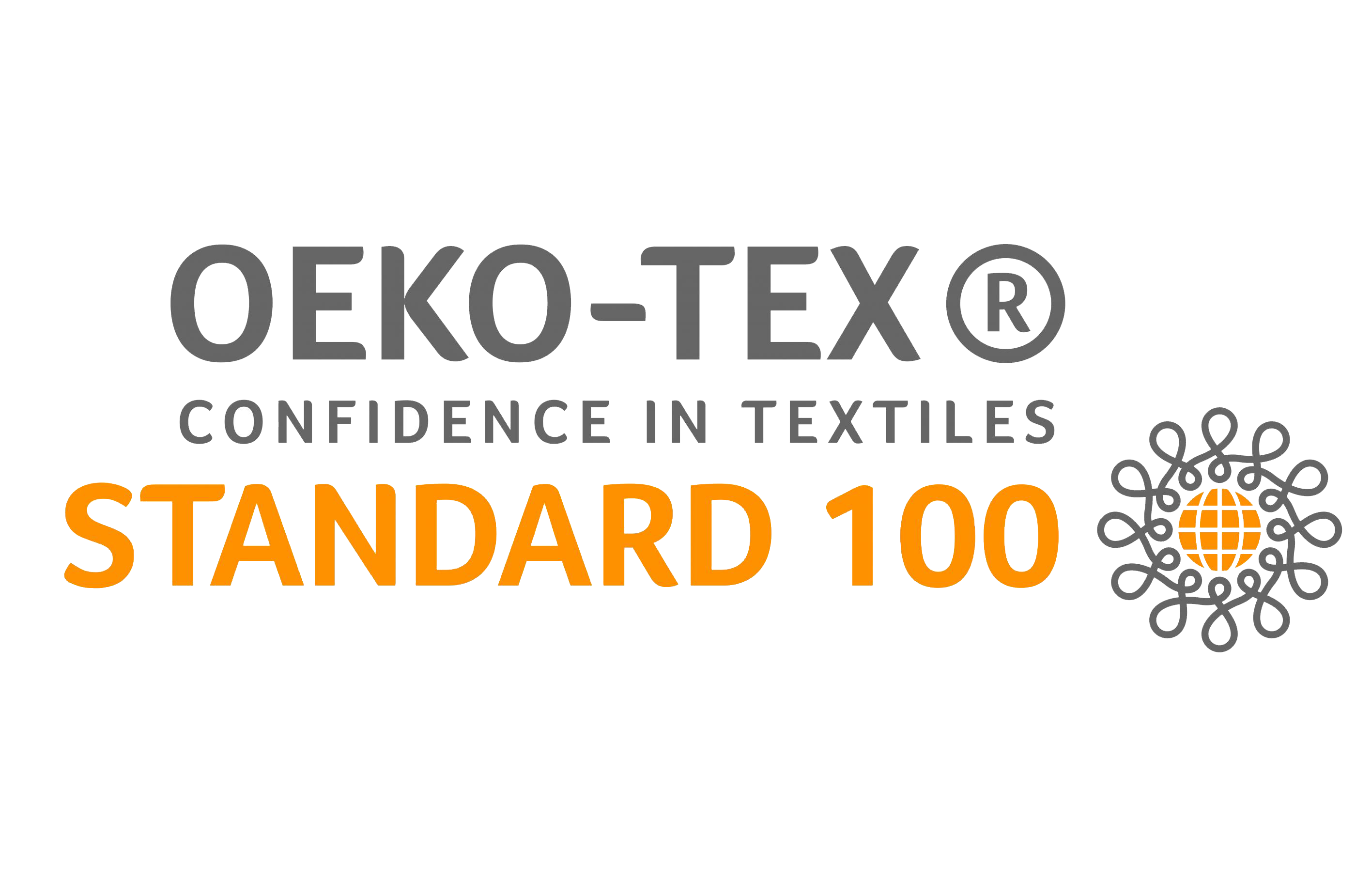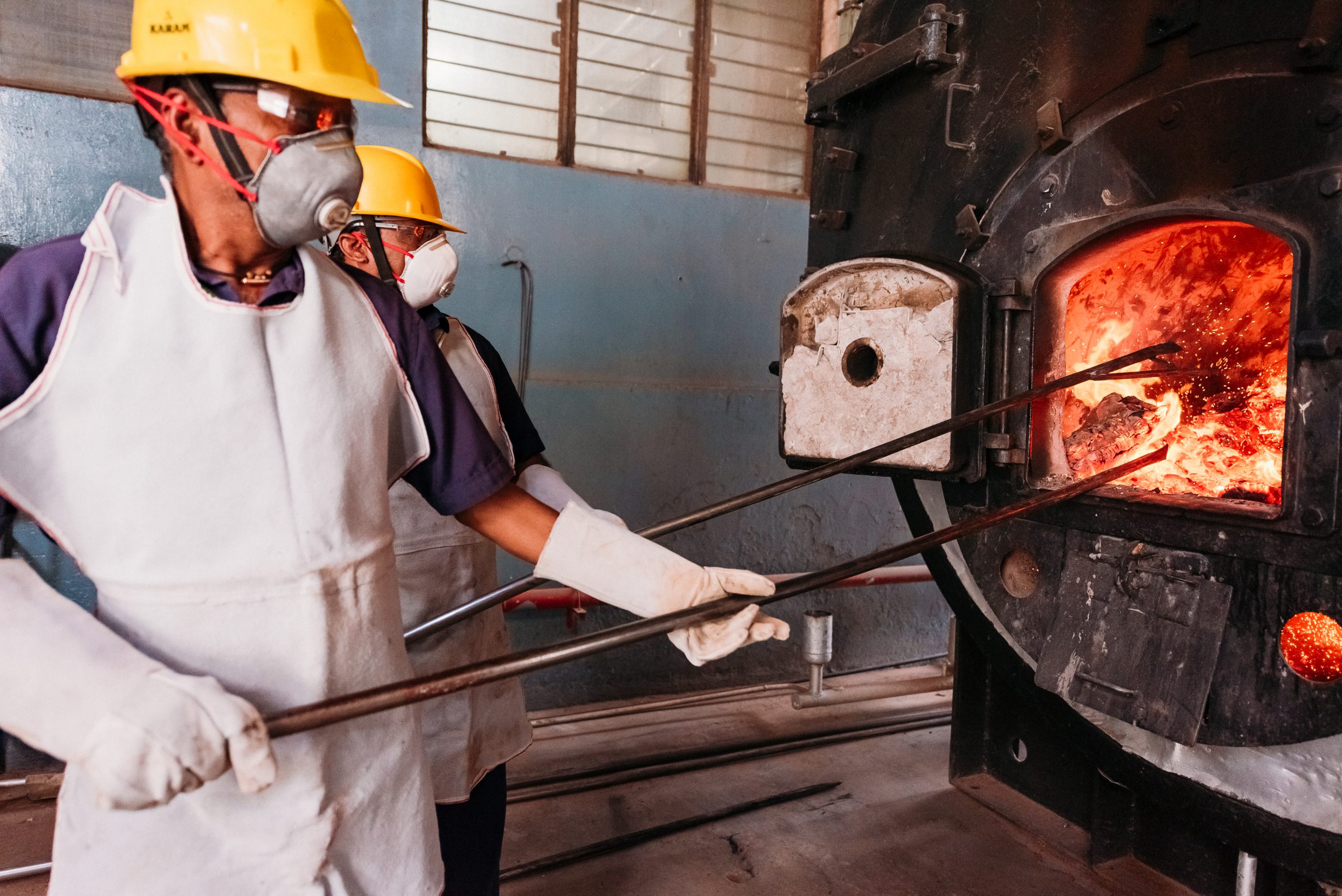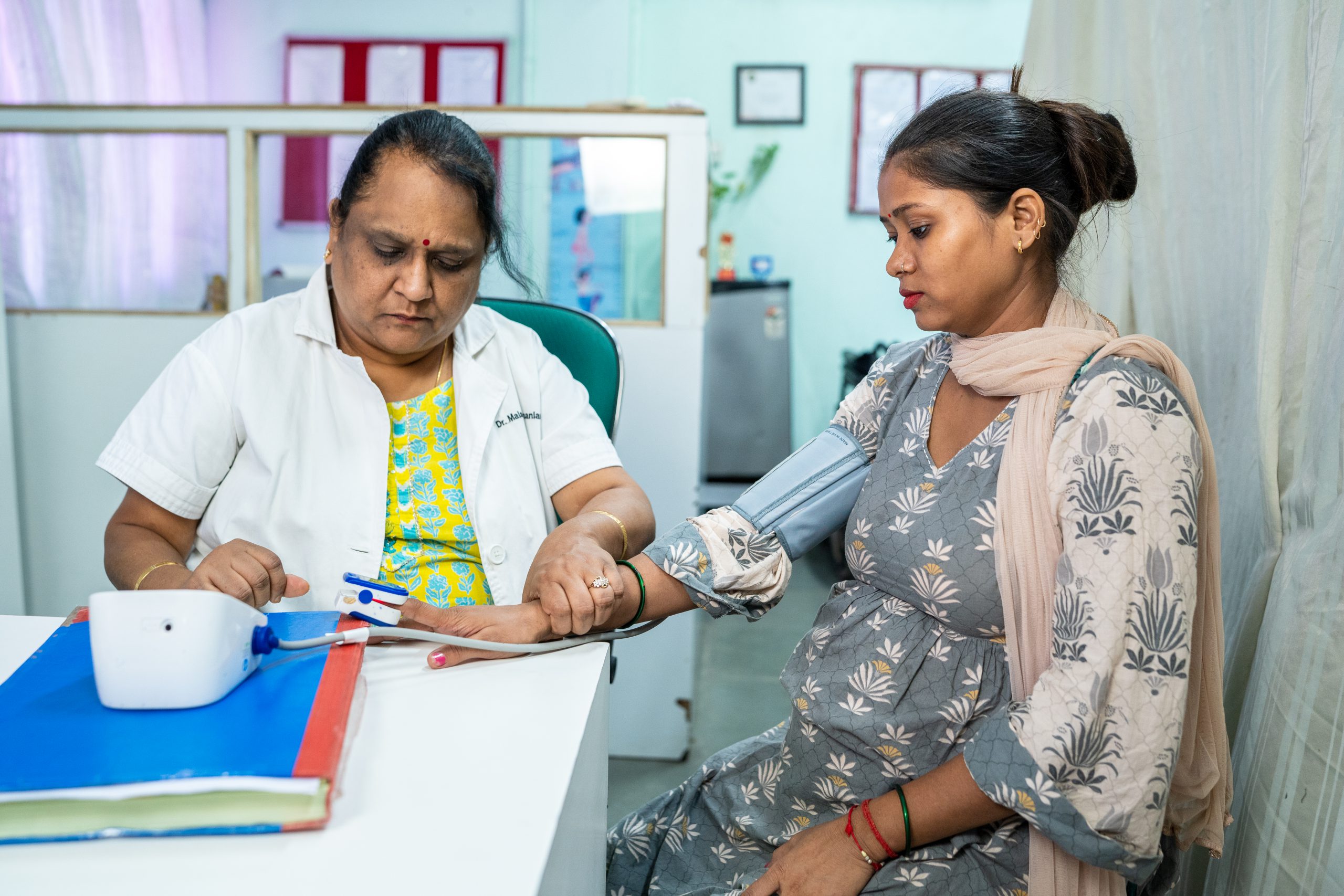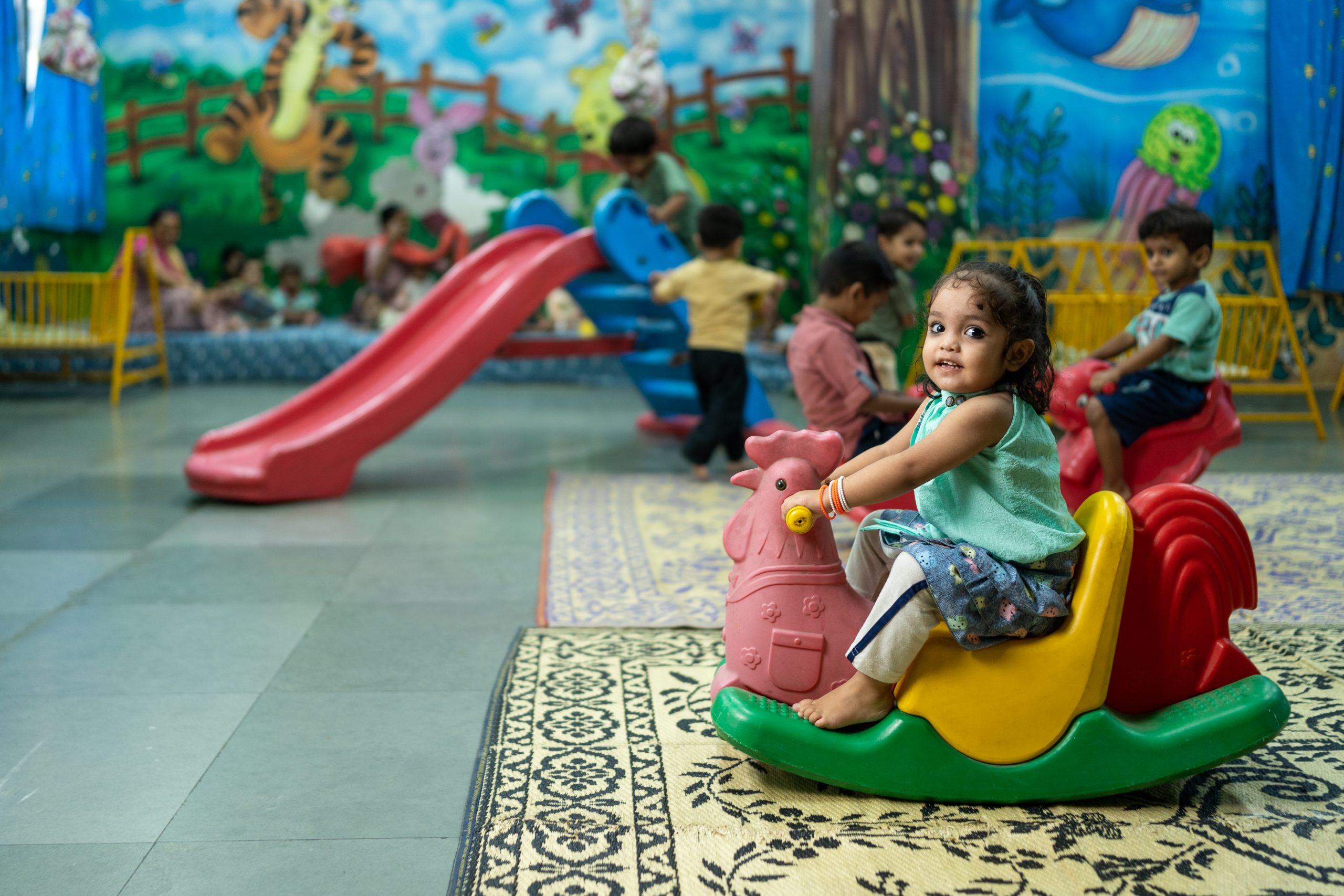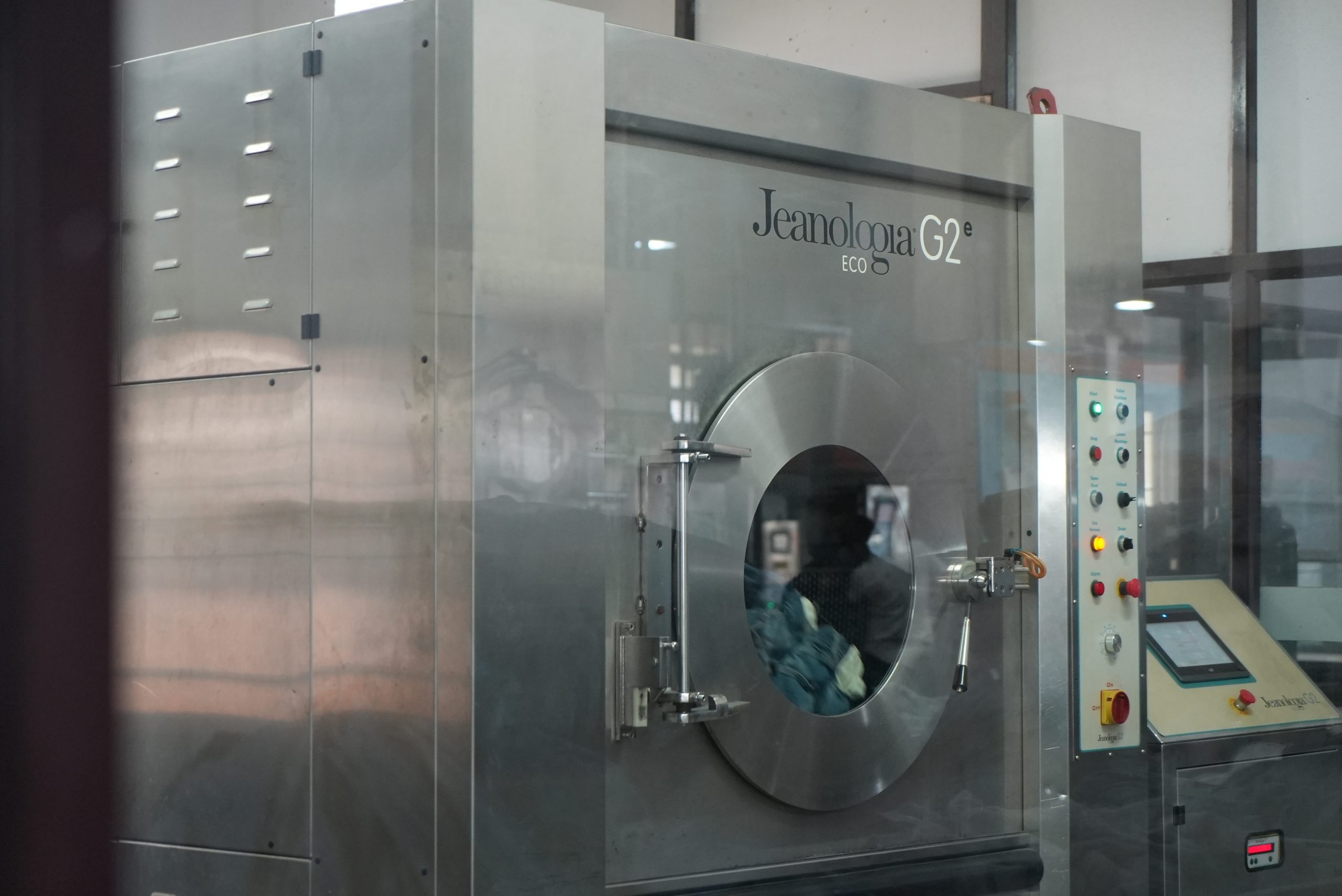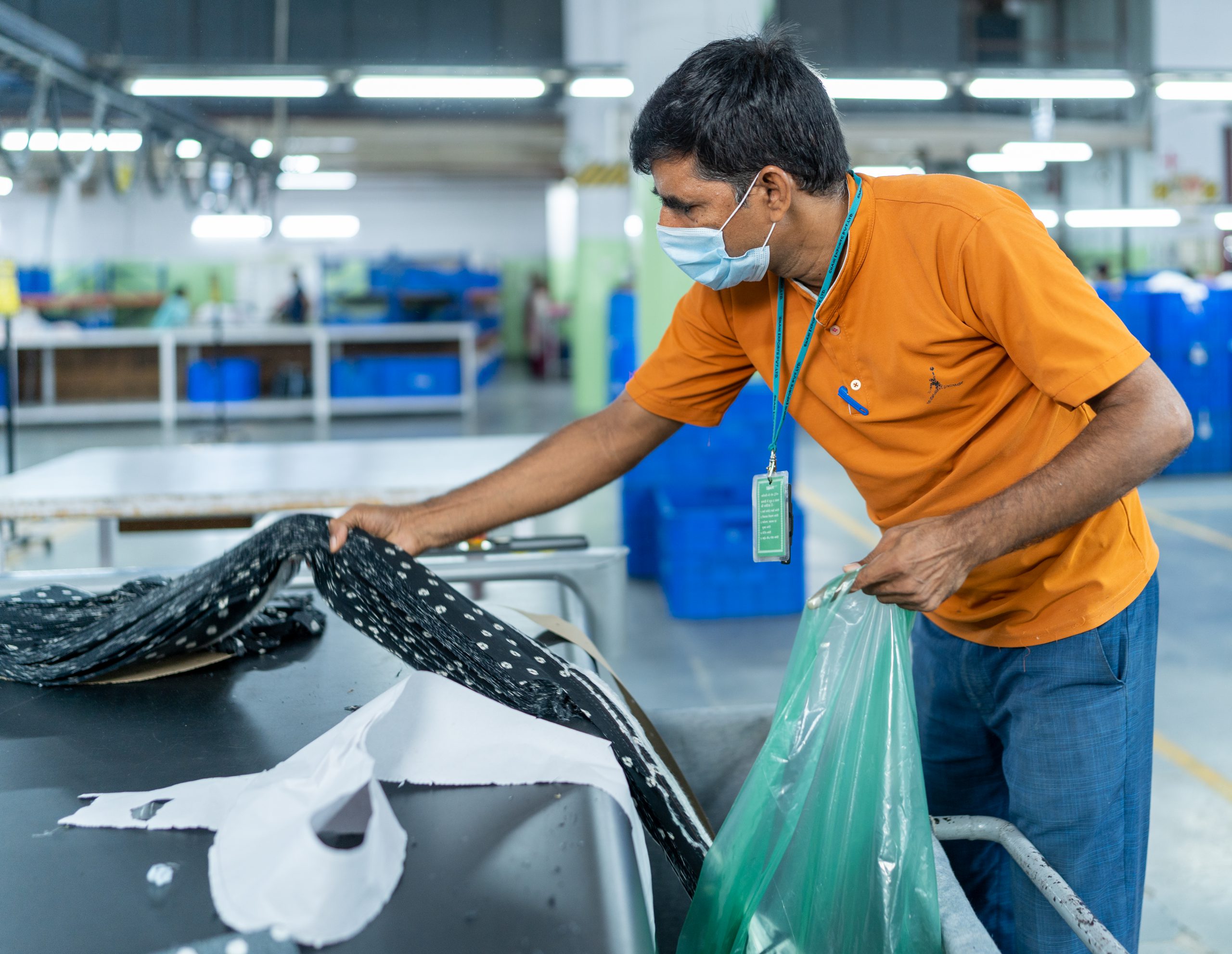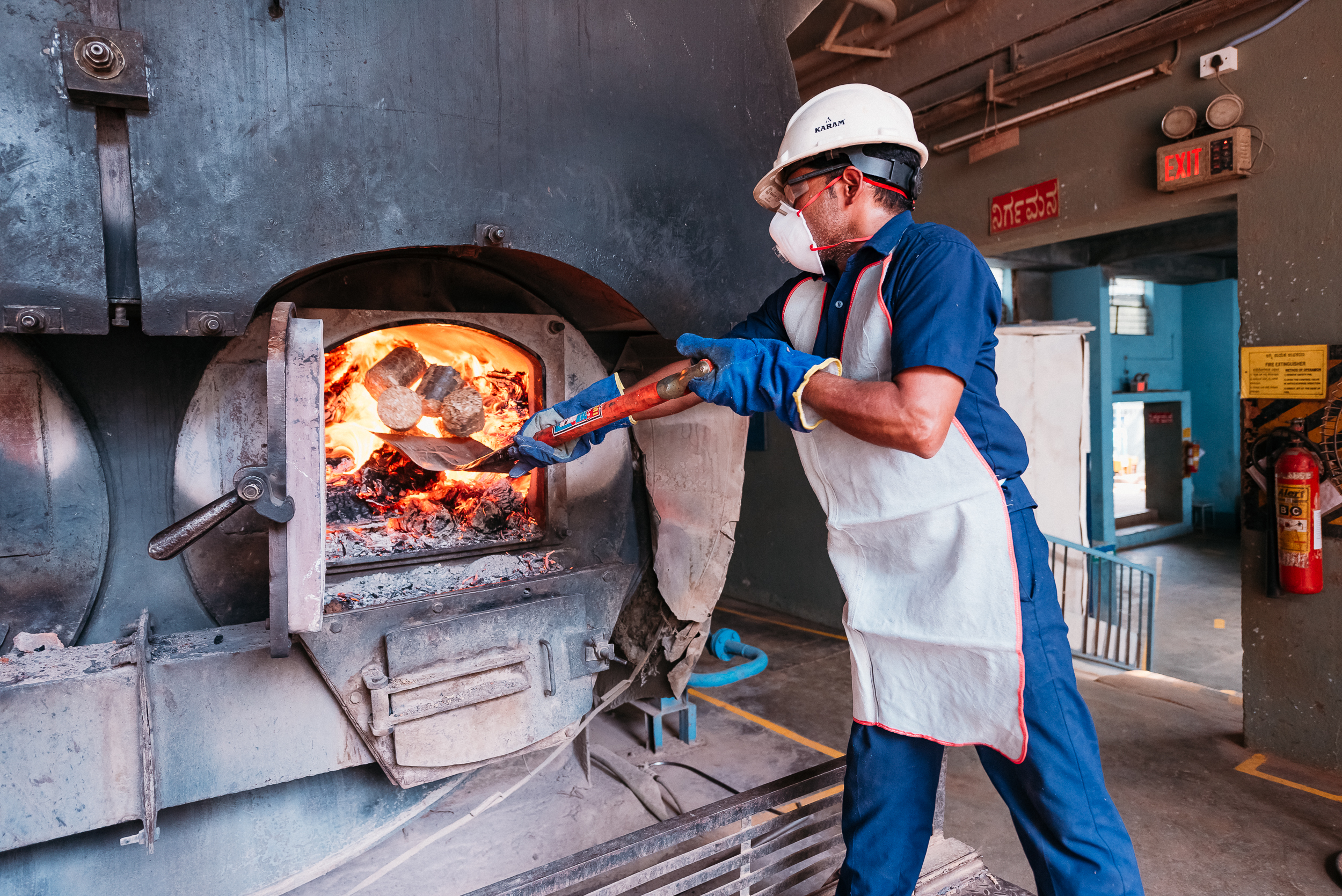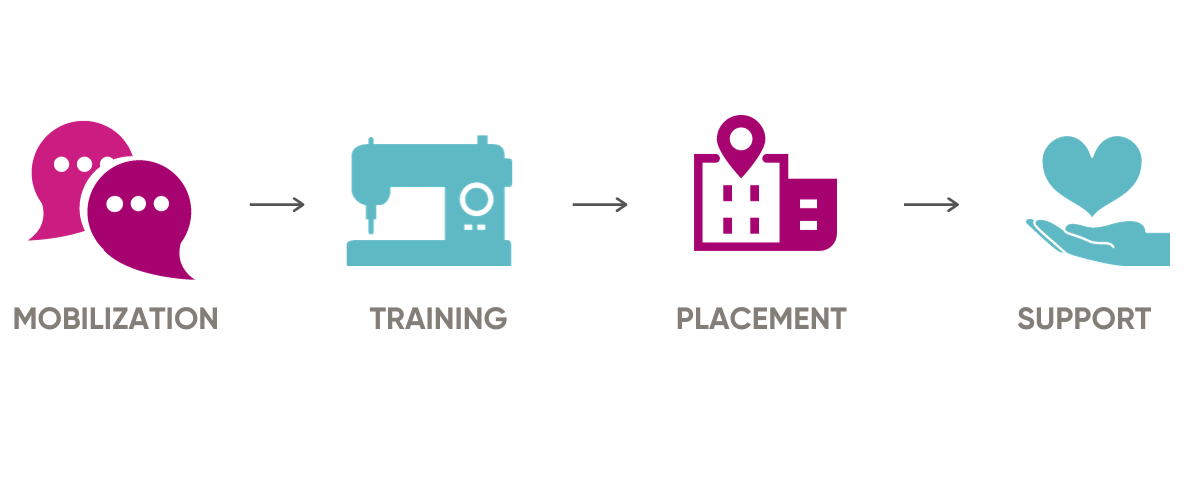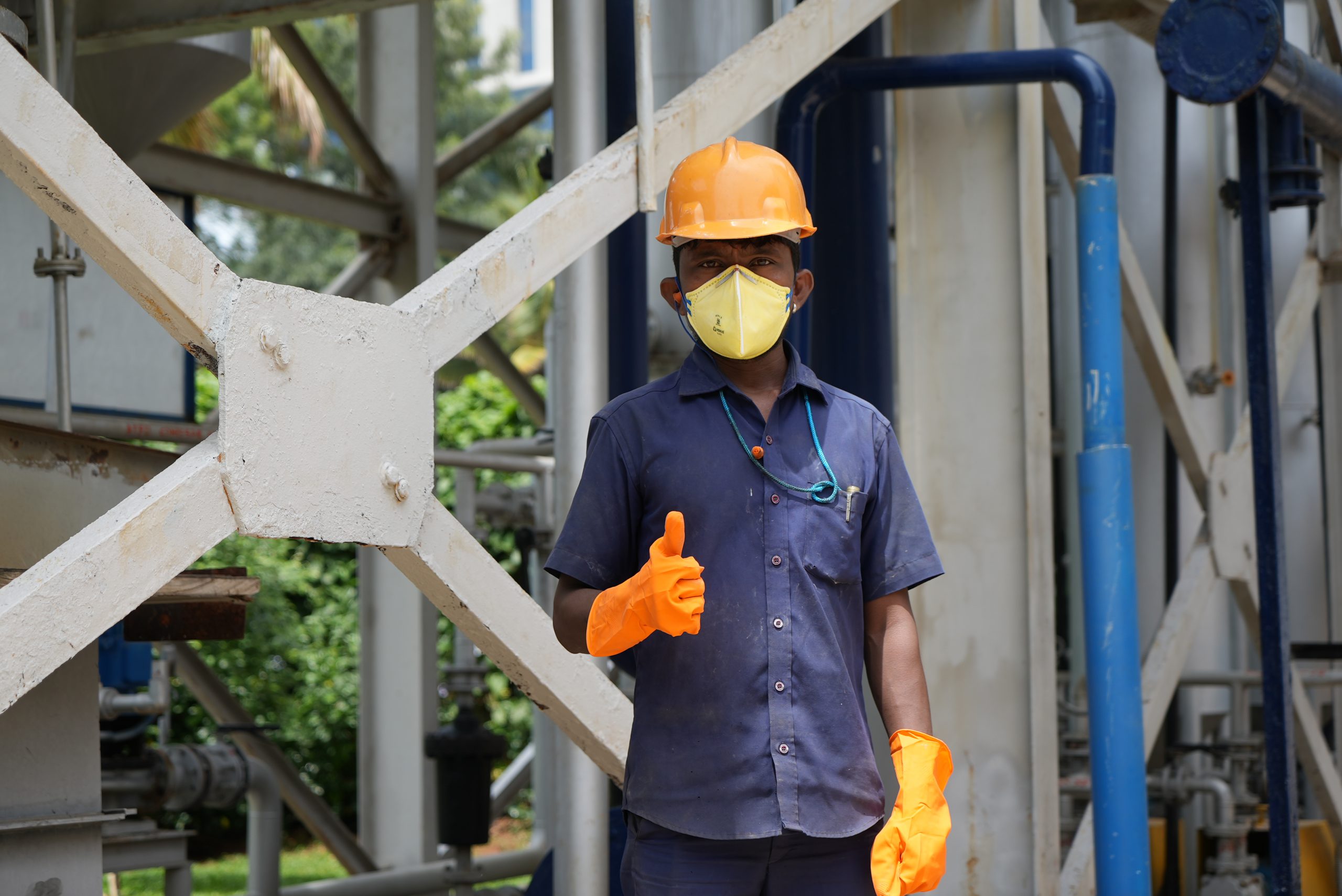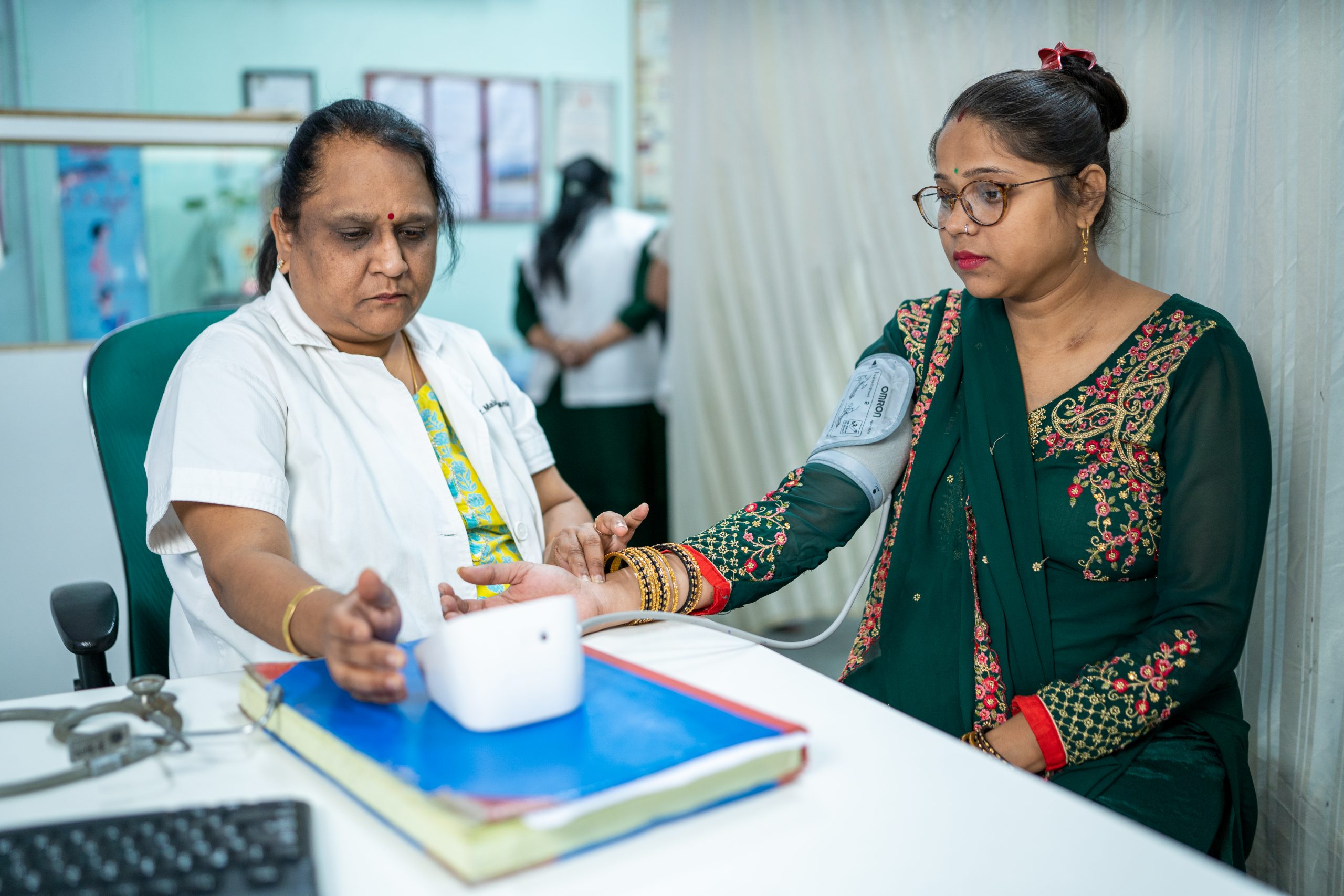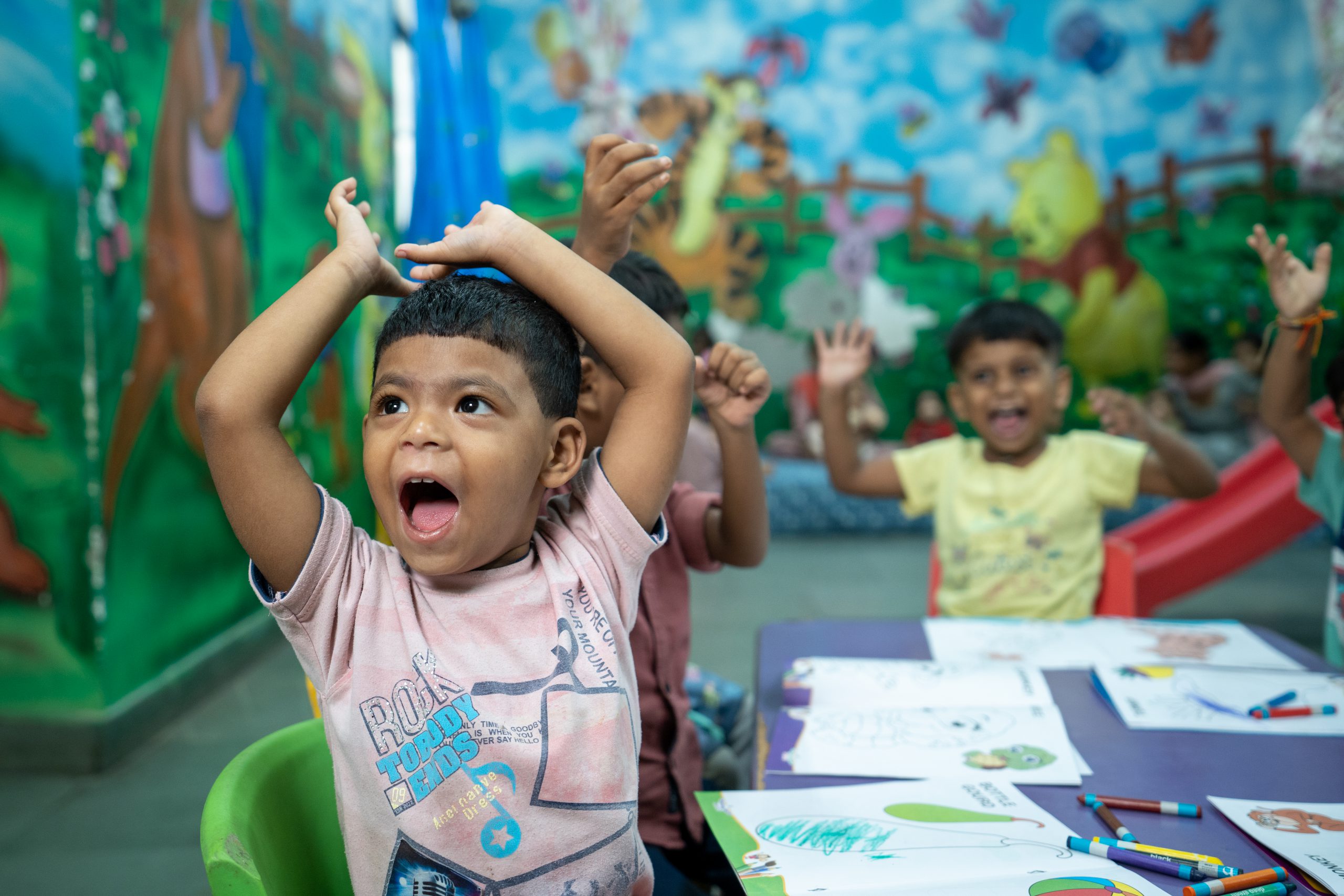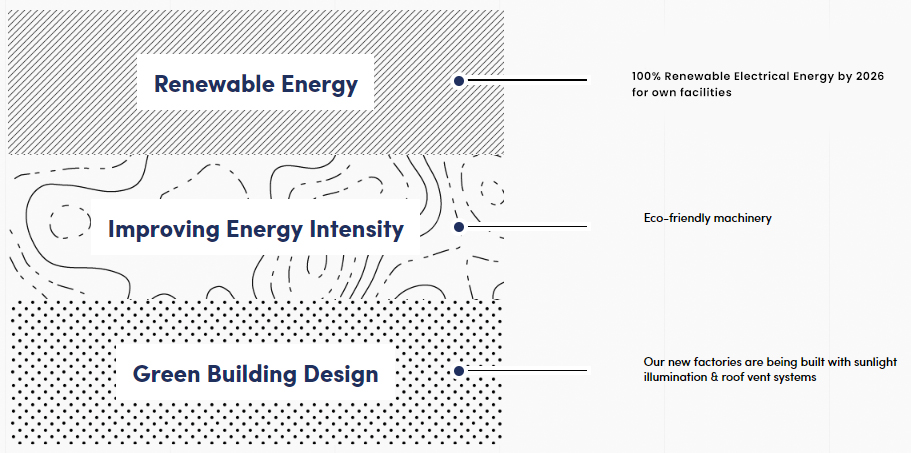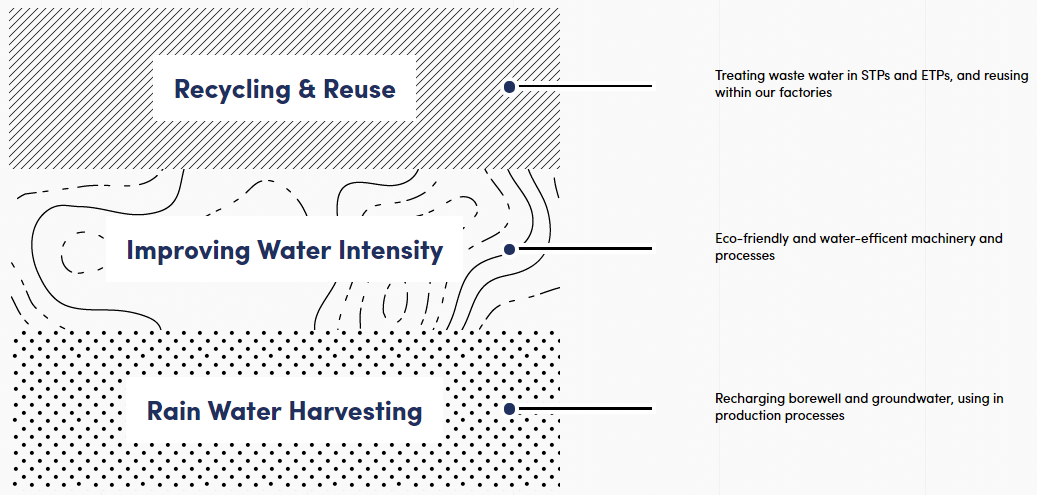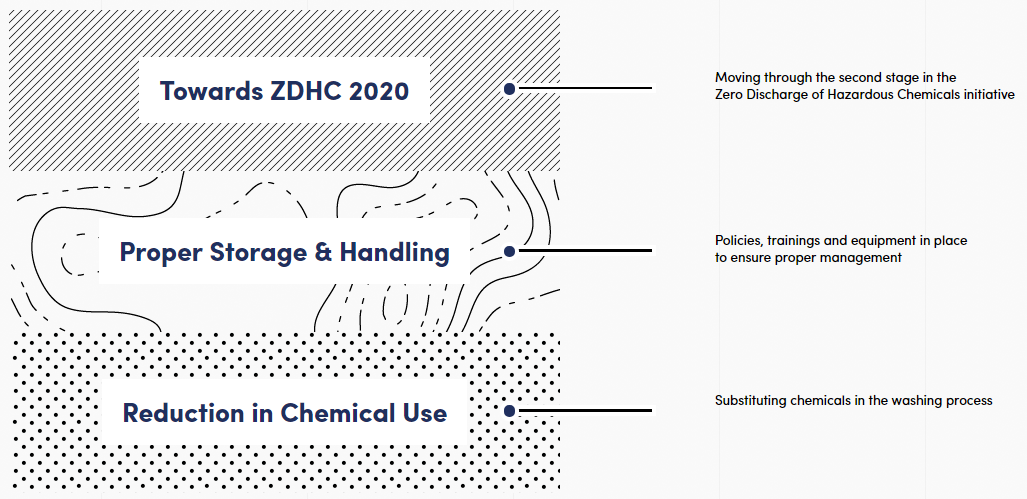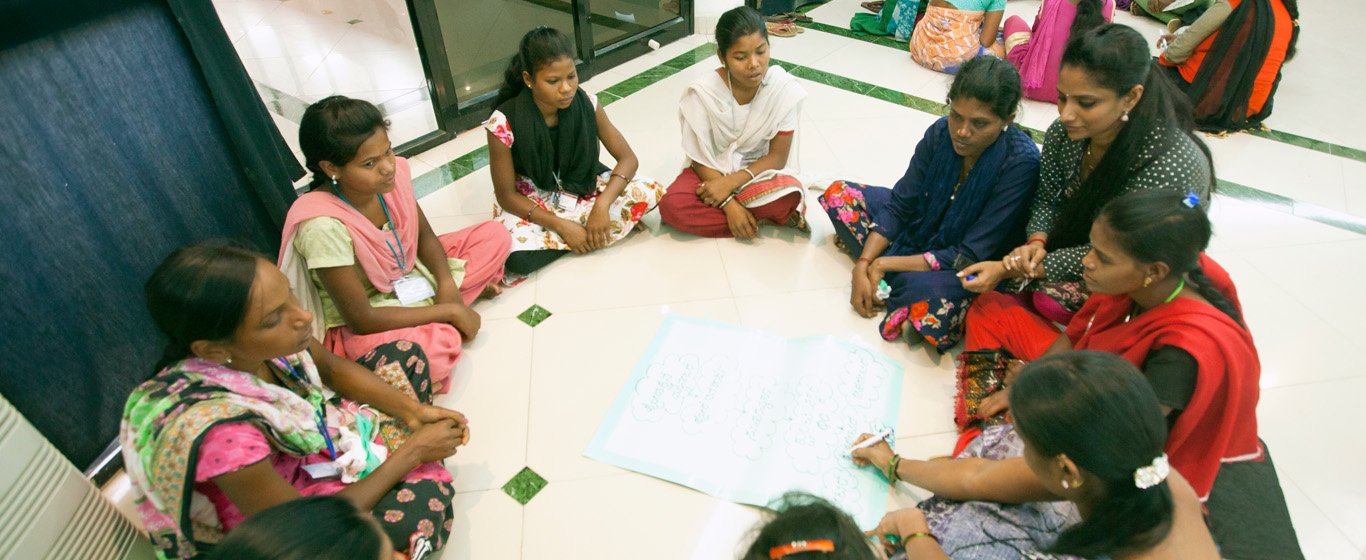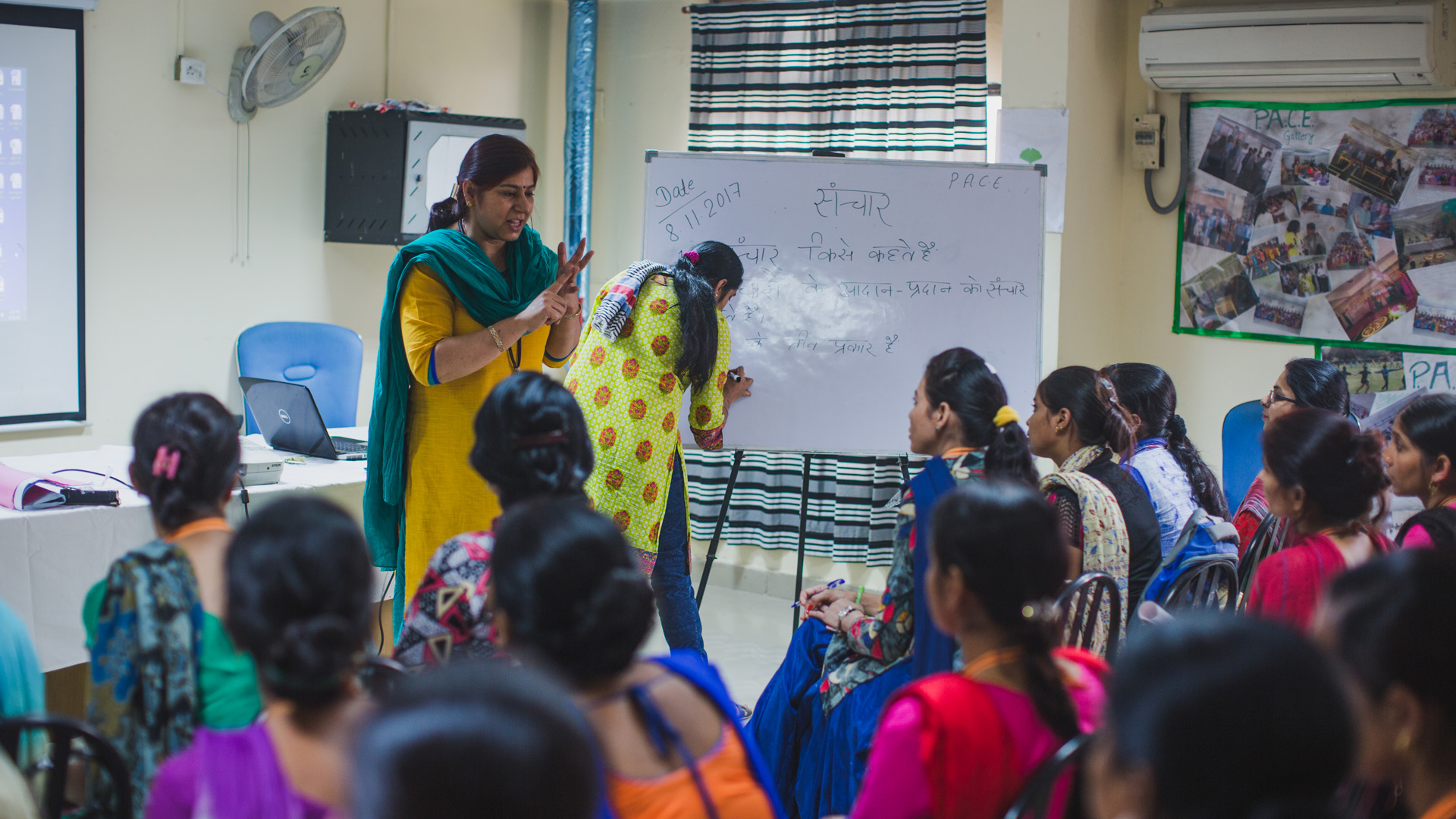The Recovery Series | Pandemic and the Employment Jeopardy: The story a year later

This blog post has been updated on February 11, 2022 to include information on VDA 2020-21 payments.
This is the third of three-part series that records our journey on worker well-being through the COVID-19 pandemic.
The apparel industry was one of the first to bear the brunt of the restrictions that the COVID-19 crisis brought upon world economies. Manufacturers reset priorities in 2020 across consumer markets as most geared to operate in survival mode. Changes in operations across the industry demanded efficient immediacy to match humanitarian needs and keep businesses afloat, with the fate of more than 45 million people directly and 60 million in allied services at risk.
It is a challenge to determine the necessary support services and standardize them across the board. Almost 88-115 million people, who benefited from a decade worth of inclusive growth, are now slipping back into poverty after the first lockdown. In May 2020, unemployment in India reached a record high of 23.8%. Garment manufacturers retained many workers to produce masks and PPE gear. Many workers, however, had to return to their hometowns as the uncertainty loomed larger.
Shahi repurposed its factories in Bangalore to cater to the global shortage of PPE kits. With an initial capacity of producing 12,000 PPE kits per day, Shahi could deliver 5,00,000 PPE suits by June 2020.
The Jeopardy
Workers stand to lose the most with the slowed-down economy in 2020. Things only began to look up in the first quarter of 2021 when the second wave caught the industry unawares. Brands that had set orders with Indian manufacturers and exporters doubted that the industry could deliver on time. Bangladesh and China received most of these orders since their garment factories were still up and running.
A survey conducted by the Clothing Manufacturers Association Of India (CMAI) reports that 77% of the respondents were contemplating a 25% reduction in staff. The impact for Shahi, however, has been considerably lower though not insignificant. During the first lockdown, only 3% of our migrant workforce left to return to their hometowns and villages.
As retailers opened shops in the west, consumers returned to shopping from stores in early 2021, which promised a steady recovery path for the industry. Though April showed the lowest decline, 55% of manufacturers reported less than 25% of their sales had been recovered (CMAI). Moreover, the second wave hit the apparel industries again as they remained unlisted as essential services. This time, however, repeated requests allowed the factories to run at 50% capacity.
A Comprehensive Response to COVID-19
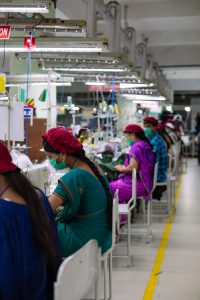
Masks were made mandatory across factory floors and corporate offices
As a labor-intensive business, our priority is the health and safety of our 100,000 strong workforce. Shahi quickly adapted to the Covid Appropriate Behaviour (CAB) across factory floors by implementing regulatory guidelines and best practices. Masks, thermal screening, and sanitizers are available at all strategic points. We re-organized canteens and offices to adhere to social distancing rules. Interim care facilities were set up for support within or close to our factories and offices for employees and their dependents. These centers host beds, oxygen cylinders, and other essential medical equipment and medicines. Our in-house doctors are available on call to guide employees, apart from engaging medical specialists.
Shahi organized vaccination camps and facilitated access to vaccines across all its production units and corporate offices. 96.7% of our employees have been vaccinated against COVID-19 with the first dose and 70.3% with the second dose.*
Unfortunately, the death and devastation from the virus did not spare us. We lost 29 of our workers and staff to the pandemic. The company has extended support to deceased’s families to the tune of the deceased employee’s dues for up to 2 years.
Migrant Support at Shahi
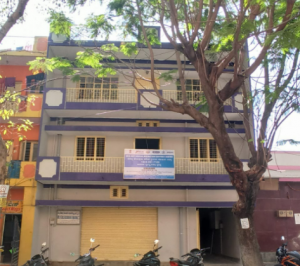
The Migrant Support Center in Bengaluru has been up and running since January 2021
Migrant workers constitute an integral part of our workforce. Our migrant workers have the option of staying at designated residential services run alongside the Janodaya Trust. These hostels are a part of our Migrant Workers Livelihood Project which aims to provide safe and affordable living conditions to our workers who travel the lengths of the country to work in our factories. The pandemic put pressure on supply chains across industries; the resultant inflation threatened the workers’ sustenance.
We supported our workers by insulating them from the exorbitant rental costs and safety risks. Our migrant workers could, therefore, remain closer to their workplaces. They were given periodic reminders for COVID-19 protocols and had access to medical services should any need arise. We arranged for food and ration kits to help them maintain social distancing. These hostels designated 40 beds as a covid shelter for migrants in need at Bengaluru.
Read more about our Migrant Support Center here.
Wages and Job security
While our workers had a stable living place, they faced more long-term questions. Lockdowns across states forced factories to pull shutters down— temporarily for some, and permanently for others Exports reduced by more than 10 percent across most of 2020. The industry, valued at $16 billion in 2019, is down to $12-14 billion. With states going into lockdowns starting in late April this year, garment production was not deemed an essential service. A CMAI report on a survey conducted to measure the impact of COVID-19 on manufacturers and exporters shows 77% of the respondents were contemplating a 25% reduction in staff.
The primary incentive for workers at Shahi to stay behind or return when the lockdown was relaxed was the ex-gratia payment of net wages for all workers who returned by May 18, 2020 (two weeks after we opened our factories again).
VDA 2020
To help industries tide over the impact of the first lockdown, the Government of Karnataka (GoK) decided to defer the implementation of Variable Dearness Allowance (VDA) for the year 2020-21. The Trade Unions in Karnataka challenged the government order(GO) through a public interest litigation, and none of the apparel manufacturers, including Shahi, are part of this litigation.
The Honorable High Court of Karnataka announced a stay of the order pending further deliberation. The final decision on payment of 2020 VDA is pending. We share the concern that given the time that has already passed, the remaining time that the Court proceedings may take delays the payment of the dues indefinitely. We hope that the final decision will be made by the Court at the earliest, however rather than wait further for this judgment, we have paid the Karnataka 2020 VDA in the form of arrears for the months of April 2021 – January 2022. For our full statement on this read here.
In February 2021, the Government of Karnataka (GoK) announced the annual VDA increase applicable from 1st April 2021. Shahi has been paying this VDA amounting to INR 428.40 per month per worker from April 2021 onwards.
Shahi’s code of conduct clearly states that all employees shall be paid wages, overtime payments, and benefits in compliance with applicable laws. Operating more than 50 factories and employing over 100,000 workers, we intend to always remain a fully legal and ethical employer while continuously raising the standard for workers’ well-being in the apparel industry.
Where are we headed?
The experience from previous waves helped Shahi live up to its business commitments and worker-wellbeing. We continue to employ 100,000+ people across Shahi through the challenges by embracing sustainable measures. We communicated actively with our clients to apprise them of the situation as it developed. The industry looks forward to a full recovery as we enter 2022.
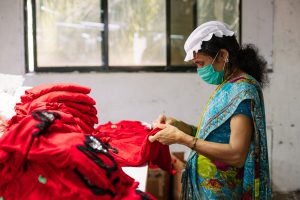
A steady flow of orders and continued collaboration amongst stakeholders draw out a path to sustained recovery.
Extending support to our workers has only been possible with the help of our partners, brands, and public and private health services. Their ultimate well-being lies in the continued collaboration of all stakeholders. However, it will take more than just capital to pump the industry back on its feet. Companies are gearing to strengthen support structures for their migrant employees and workers by creating robust CSR initiatives. Finding the right mix of incentives and directives is crucial for ensuring sustainable development.
Read Part I and Part II of the series to know more about Shahi’s journey on worker well-being through the COVID-19 pandemic.
